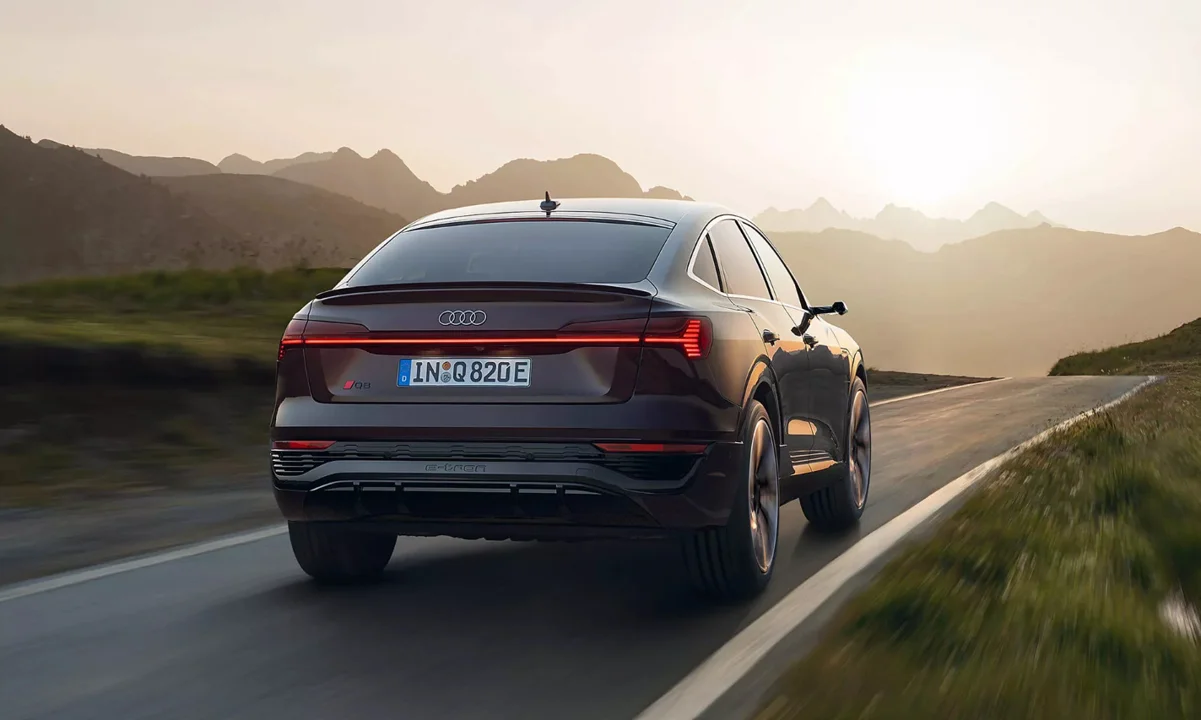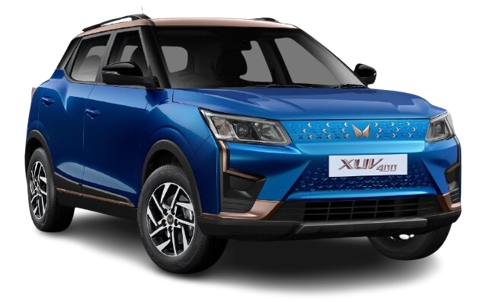What is the mileage of Audi e-tron Sportback?
The Audi e-tron Sportback offers different mileage figures depending on the fuel type and transmission. The manual petrol variant delivers up to 0 km/l, while the automatic petrol variant offers up to 0 km/l.















